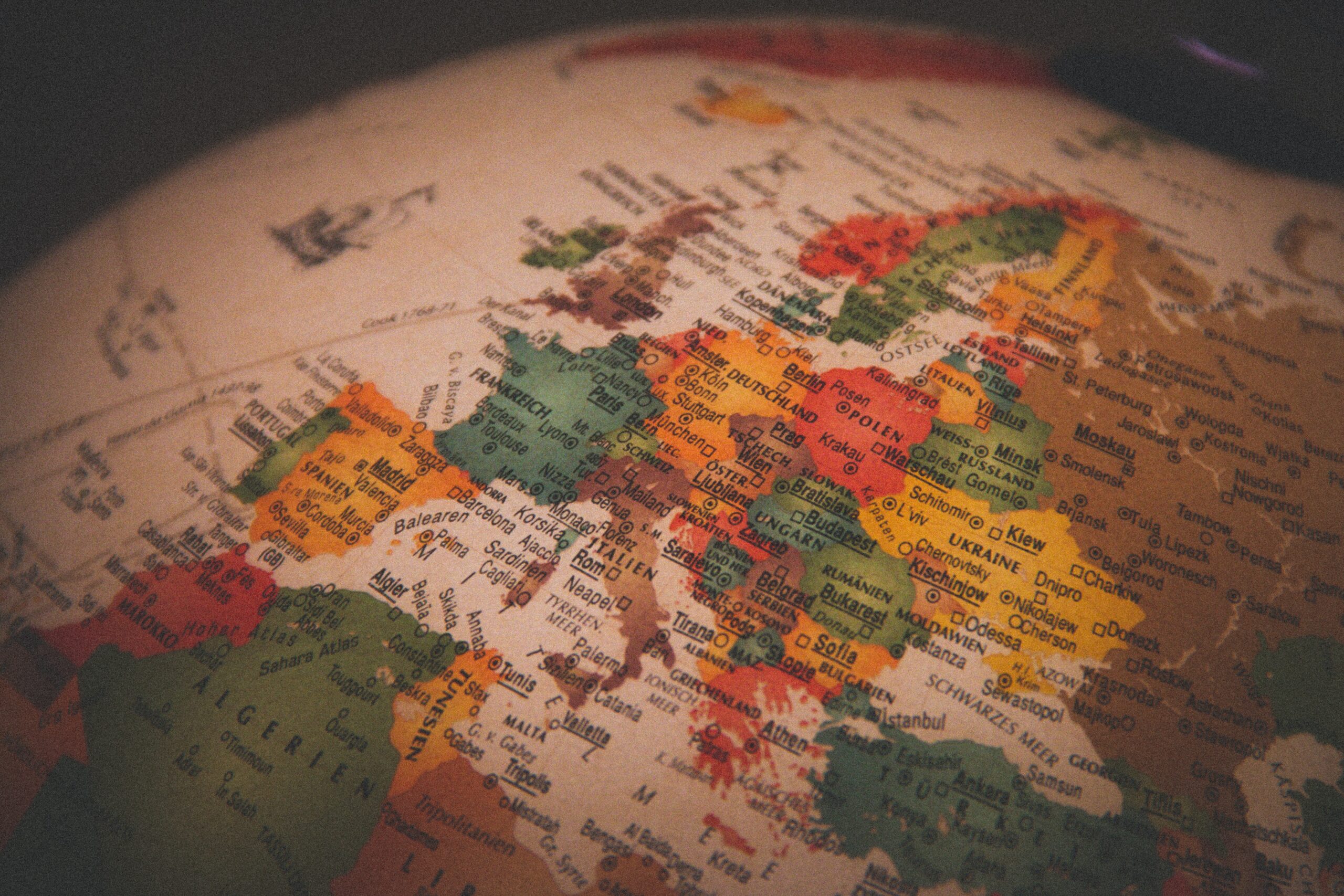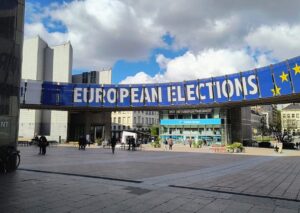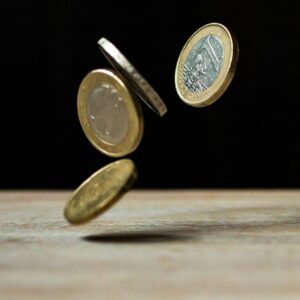What is the strategy for external energy engagement of the European Union? Is such a strategy enough to reconcile energy security with climate security and integrate this new approach into its external action?
In this policy briefing, we analyze how a revamped EU energy strategy would help the 27 to avoid dangerous dependencies, increase climate leadership and geopolitical weight, and prepare for the new geopolitics of the energy transition.
Download the policy briefing, here.
The EU energy strategy was presented by the EU Commission on 18 May 2022 and it represents a starting point to begin thinking about the external dimension of the EU Green Deal.
The concern for a possible interruption of supply as a result of Russia’s weaponization of energy, should not overshadow the equally urgent concern for the climate crisis and for the need of accelerating the global energy transition. In particular, it is of the utmost importance that any action taken today to guarantee security of supply does not delay the transition neither in the EU nor in partner countries.
Europe should build new partnerships based on the concept of resilience. The food crisis provoked by the Russian invasion of Ukraine and compounded by climate change is threatening the stability of import-dependent countries, from Turkey to Indonesia, from Lebanon to Somalia. At the same time, high energy prices are strongly impacting not only the EU, but also energy importing countries in its immediate neighborhood such as Tunisia and in South-East Asia, such as Pakistan and Sri Lanka.
If the EU wants to act geopolitically to advance the global energy transition and help building resilience to shocks, it should better balance the focus from the current reactive, emergency approach with a more strategic, long-term one. In particular, the EU should devise a multi-level approach through better focusing already existing instruments, such as its development aid, but also acting at the global level in multilateral fora for reforming global rules which could help EU partners to future-proof their economies.
Accelerating the transition is key not only for reaching independence from Russia, but also for becoming a geopolitical actor, for positioning itself as a technological leader and being a standard-setter for the global energy transition. The EU should therefore aim to significantly scale-up its technological and R&D sectors, to identify critical supply chains and to manage the social consequences of this new industrial revolution. When it comes to redesigning supply chains, partnerships are key to achieve this goal. In particular, developing win-win partnerships with Africa on sustainable raw materials value chains emerges as a priority for the EU. Also extremely important is the dialogue with the US on these topics under the EU-US Trade and Technology Council (TTC).
To establish itself as a credible leader in the field of the energy transition and climate ambition, the EU should establish a true Green Deal diplomacy. A stronger engagement at the multilateral, G7, G20 and COP level for addressing issues such as debt restructuring, investments in resilience and loss & damage, are key for managing the magnitude of the crises unfolding outside its borders. Also, a key part of the Green Deal diplomacy should be a more active engagement with the big emitters, in particular India and China, for cooperation on mitigating emissions.
Download the policy briefing, here.
Photo by Christian Lue on Unsplash






